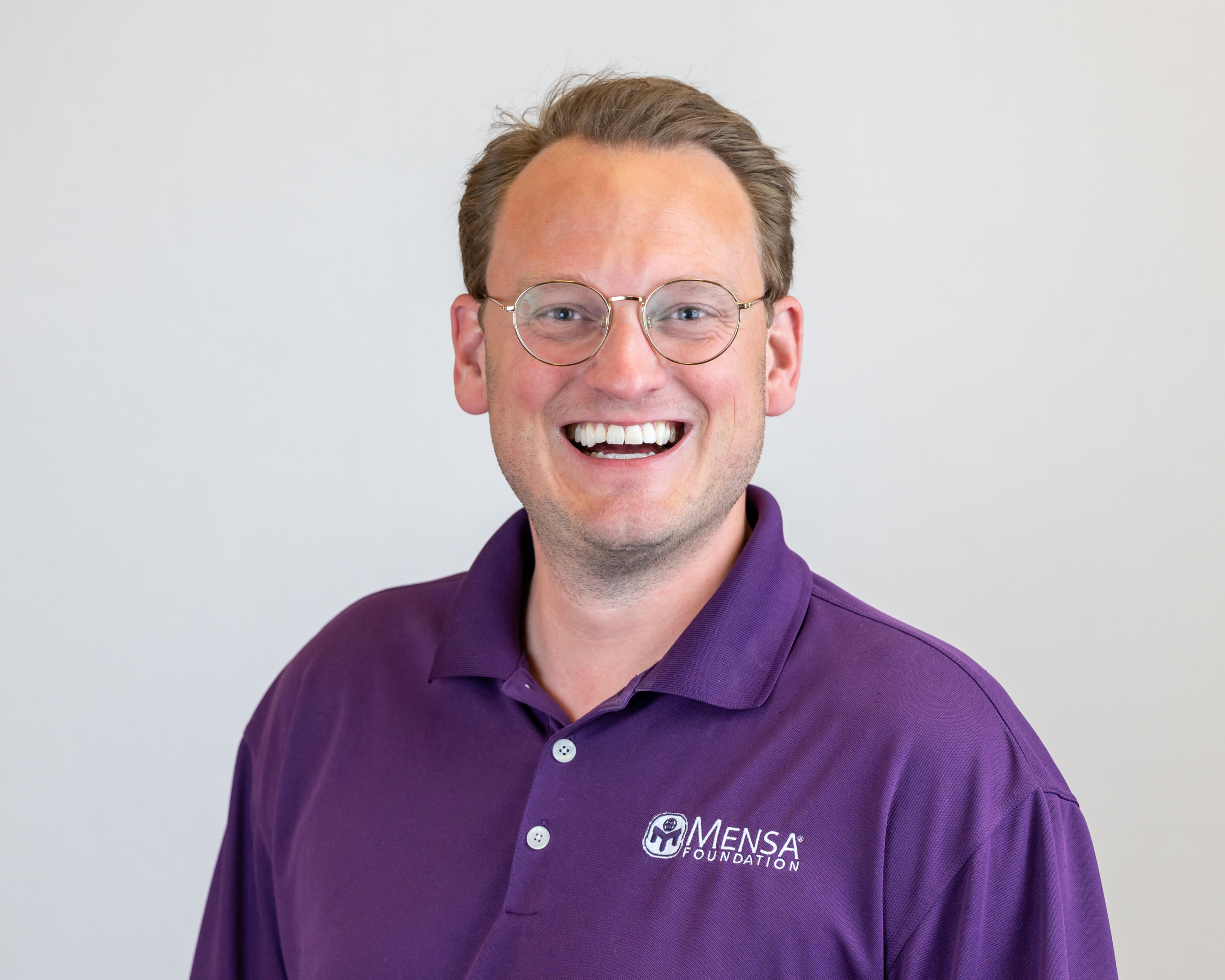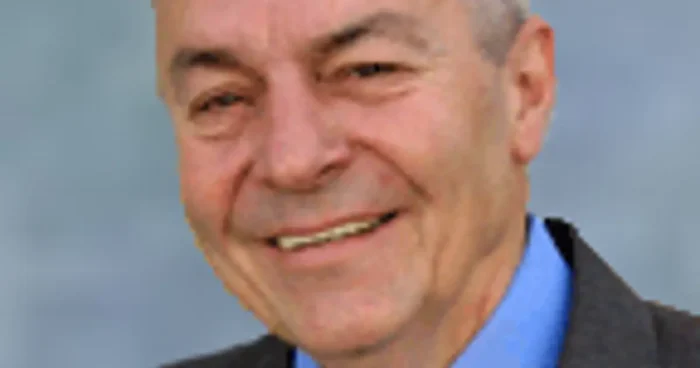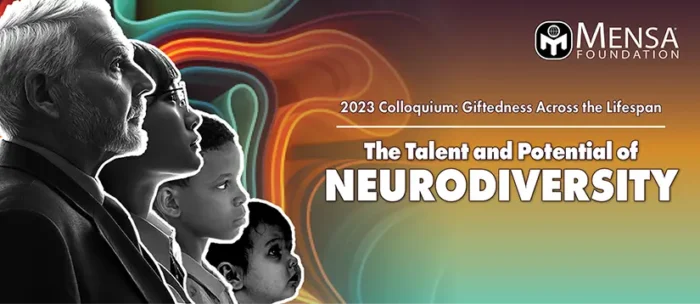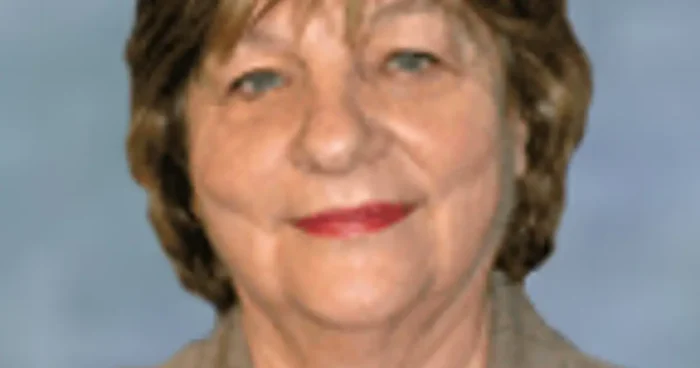The Mensa Foundation is proud to announce this year’s recipients of our Awards for Excellence in Research, Early Career Mini-Grants, and Gifted Education Fellowships. Together, these scholars and practitioners are pushing the boundaries of what we know about intelligence, creativity, and giftedness—and turning evidence into action for learners of all ages.
Awards for Excellence in Research
Senior Division
Angie L. Miller, PhD (Indiana University)
A senior research scientist with the Center for Postsecondary Research, Dr. Miller’s work sits at the intersection of creativity, engagement, and student success. Her paper, “Social Stress in Honors College Students: How Personality Traits, Perfectionism, Creativity, and Gender Predict Use of Social Coping Strategies” (SENG Journal: Exploring the Psychology of Giftedness, March 2022), updates a widely used measure of social coping and shows how traits like perfectionism and creativity shape the ways high-ability undergraduates navigate social stress. The takeaway is practical and timely: honors programs can mitigate stress by designing learning environments that acknowledge both the academic and social realities of gifted students.
Sophie von Stumm, PhD (University of York, U.K.)
As director of the Hungry Mind Lab, Professor von Stumm integrates psychology, education, and genomics to understand how learners thrive. Her study, “Predicting Educational and Social-Emotional Outcomes in Emerging Adulthood From Intelligence, Personality, and Socioeconomic Status” (Journal of Personality and Social Psychology, December 2022; with Zainab F. Haider), follows a U.K.-representative cohort into emerging adulthood. The results are nuanced: personality traits are consistent predictors of many life outcomes, intelligence is a stronger driver of educational attainment, and—importantly—intelligence helps explain part of the SES gap in academic results. Small but significant interactions suggest curiosity, ambition, conscientiousness, and openness can help offset background disadvantage. This is science with direct implications for equity-minded education.
Junior Division
Stephanie Ruth Young, PhD (Northwestern University Feinberg School of Medicine)
Dr. Young’s research helps modernize cognitive assessment through open, scalable tools. In “The International Cognitive Ability Resource: An Open Science Measure Useful for Research With High-Ability Postsecondary Students” (Gifted Child Quarterly, October 2021; with Danika L. S. Maddocks and Jamison E. Carrigan), she validates the ICAR as a practical way for researchers to identify high-ability college students and to study the links between ability and other variables. The message is clear: open science can reduce barriers and improve rigor in giftedness research.
Gabriella D. Noreen (Vanderbilt University)
Working with the Study of Mathematically Precocious Youth, Noreen’s mixed-methods paper, “In Their Own Voice: Educational Perspectives From Intellectually Precocious Youth as Adults” (Gifted Child Quarterly, accepted September 2024; with David Lubinski and Camilla P. Benbow), centers the lived experience of profoundly gifted adults. Across large cohorts, participants consistently report craving advanced, challenging material and benefiting from appropriate developmental placement—including acceleration. The findings reinforce a century of evidence: tailoring curricula to readiness isn’t a luxury; it’s best practice.
Heejin Woo, PhD (Seoul National University of Education; PhD, UNSW Sydney)
Dr. Woo’s qualitative study, “South Korean Pre-Service Primary School Teachers’ Attitudes Towards Gifted Students and Gifted Education” (Gifted Education International, September 2023; with Therese M. Cumming and Susan C. O’Neill), highlights how culture shapes attitudes toward gifted education in highly competitive systems. Future teachers support meeting gifted students’ needs, yet report limited preparation and mixed perceptions. Her recommendations—expand coursework and embed gifted education within compulsory training—offer a roadmap for systemic improvement.
Early Career Mini-Grants
Al Mansor “Shamin” Helal (University of Arkansas)
Helal’s dissertation, “Understanding the Longitudinal Impacts of Gifted Education: Policy, Practice, and Methods,” uses large-scale data and advanced techniques to answer a fundamental question: does gifted education change long-term outcomes? By combining multilevel modeling, propensity score matching, and a meta-analysis of rigorous studies, his work examines enrollment, achievement, equity, and evaluation bias—with special attention to rural and underserved contexts. This is policy-relevant research designed to inform how states fund, identify, and support gifted learners.
Tyler Clark, EdD (The Center for Gifted Studies, Western Kentucky University)
Dr. Clark’s project, “Exploring Overexcitabilities and Openness to Experience in University Honors Students,” revisits the debated overlap between overexcitabilities (from the Theory of Positive Disintegration) and the personality trait of openness. Using modern structural equation modeling with an honors sample, the study aims to clarify constructs and establish a common language with mainstream psychology—bridging communities that often talk past each other.
Gifted Education Fellowships
Brenda Matos (Purdue University, GER²I) — Doctoral Fellowship
Matos designs STEM talent-development experiences that integrate academic challenge with social-emotional growth. From coordinating Purdue’s nationally recognized Summer Residential Program to researching how belonging and motivation shape outcomes, her work treats gifted adolescents as whole people. Her dissertation evaluates a STEM curriculum’s effects on performance and psychosocial well-being, with the goal of building scalable models that expand access for diverse learners.
Kristin Lavin Taveira (Bridges Graduate School of Cognitive Diversity in Education)— Non-Doctoral Fellowship
As an educator and leader in a specialized school for gifted and twice-exceptional (2e) learners, Taveira has developed resources and professional learning that bring strengths-based educational theory into practice. Drawing on two decades of journalism experience, she now leads the publication of digital resources to widely share these applied insights with educators and families. Through graduate study in cognitive diversity, she aims to design frameworks that integrate gifted and 2e best practices into general education to benefit all students.
These honorees reflect the Foundation’s conviction that intelligence is more than a score—it’s potential waiting to be nurtured. Please join us in congratulating this year’s awardees and fellows. Their work is helping schools, families, and communities recognize brilliance, reduce barriers, and create environments where high-ability minds can flourish.









Comments (0)